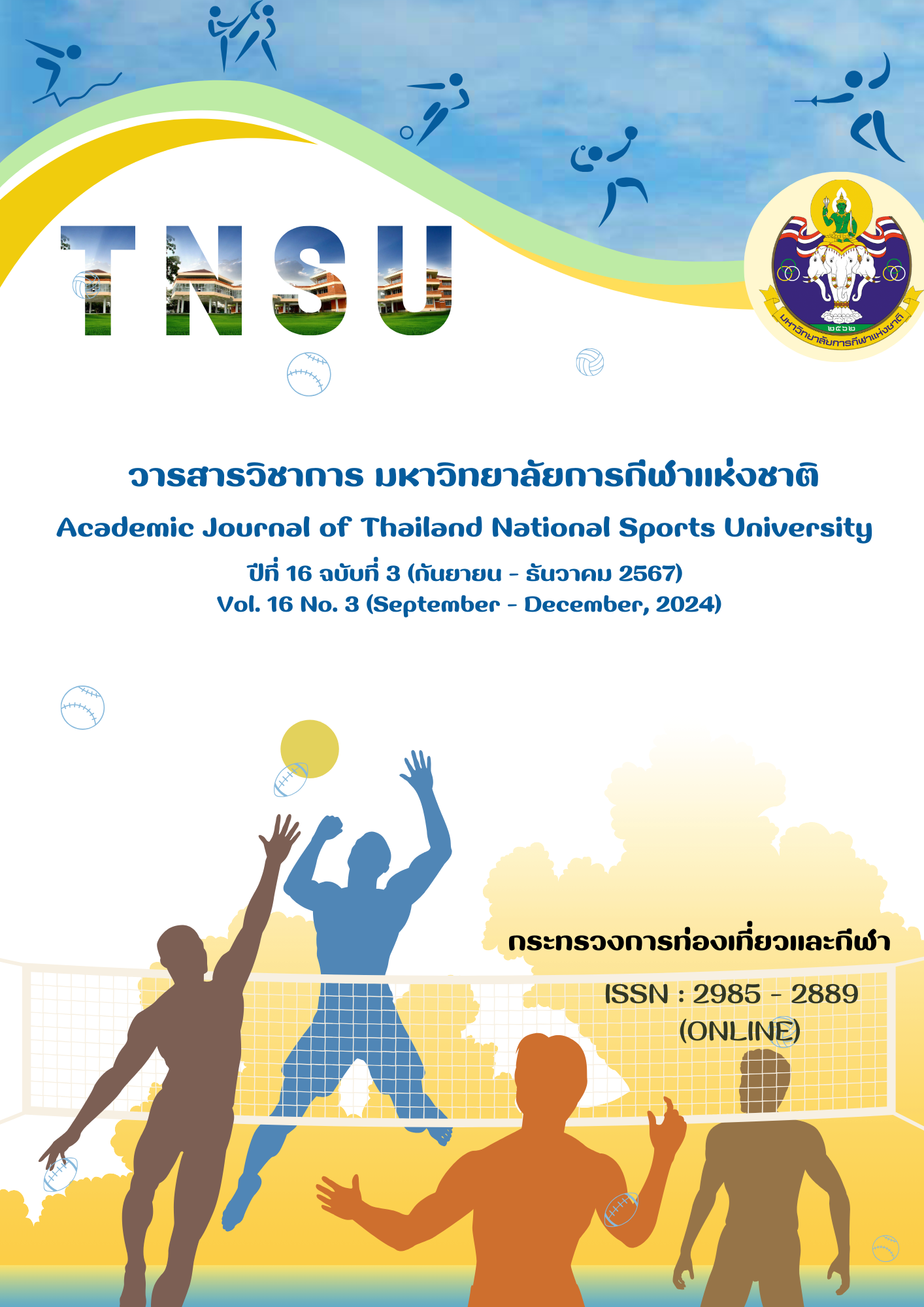THE DEVELOPMENT OF MENTAL HEALTH PROMOTION THROUGH THE ART ACTIVITIES FOR THE ELDERLY BY COMMUNITY PARTICIPATION
Main Article Content
Abstract
The objectives of this research were to 1) study the essential needs for promoting mental health through the art activities for the elderly, 2) to develop a model and 3) to test and evaluate this model. The study was conducted in 70 elderly in the community using purposive sampling. The research tools consisted of a questionnaire on essential needs, evaluation form for suitability of the model, mental health assessment form quality and satisfaction form towards the model and un general interview form. The data were analyzed using Modified Priority Needs Index (PNI modified), percentage, mean and standard deviation.
The research results found that 1) the elderly people had a need to promote mental health through the art activities. The model was developed, improved. 2) This model consisted of 3 activities 3) Results of the evaluation form of the quality according to the evaluation standards in all 4 areas were at the highest level, indicating that the developed model was useful and appropriate. That can be used to promote mental health for the elderly, the overall satisfaction is also at the highest level; and 4) The elderly had better mental health compared to that of using model. Hence, arts activities could be used to promote better mental health of the elderly.
Article Details

This work is licensed under a Creative Commons Attribution-NonCommercial-NoDerivatives 4.0 International License.
The published article is a copyright of the Academic Journal of Thailand National Sports University. The passage appeared in each article in this academic journal is a perspective of each author which is not related to the journal. Each author is required to be responsible for all components of his/her own article. If there are any mistakes, each author must be responsible for those mistakes on his/her own.
References
Chutchavarn Wongsaree. (2018). Nurses’ roles in families promoting to slow progressive with early-stage dementia syndrome in an older adult. Huachiew Chalermprakiet Science and Technology Journal, 4(2), 102 – 111.
Department of Mental Health. (2018).Guidelines for taking care of the social and mental health of the elderly to prevent problems mental health. Bangkok: Beyond Publishing.
Health Information System Development Office. (2019). Statistical information. Retrieved from www.hiso.or.th
Leitner. M.J., & Leither, S. F. (2004). Leisure in later life (3rd ed.). Virginia: The Wawerth Press.
Prouls, L. (2008). Strengthening emotional ties through parent-child-dyad art therapy. Jessica Kingdley, Philadelphia.
Pusadee Choocheep. (2021). Effectiveness of a mental health promotion program for self - care behavior of the elderly in Pathumthani Province, Thailand. Journal of Public Health Nursing, 35(2), 109 - 124.
Sedthapoom Thoucharee, Benjapron Rattana, Nopphawan Pornsiri, Kullanan Jongnimitphaiboon, & Morakot Boonsirichai. (2019). Model foe relationship building of elderly in Pracha Niwet Community 2, Phase 3, Klong Prapa, Pak Kret, Nonthaburi. Academic Journal Phanakhon Rajabhat University, 10(1), 90 - 108.
Weiss, J. C. (2007). Expresssive therapy with elders and the disabled touching the heart of life. New Jersey: The Haworth Press.
Yadarat Baljay, Patcharin Sughondhabirom, & Jiraporn Kespichayawattana. (2018). Art therapy for older persons. Journal of Nursing, 25(2), 195 - 209.


